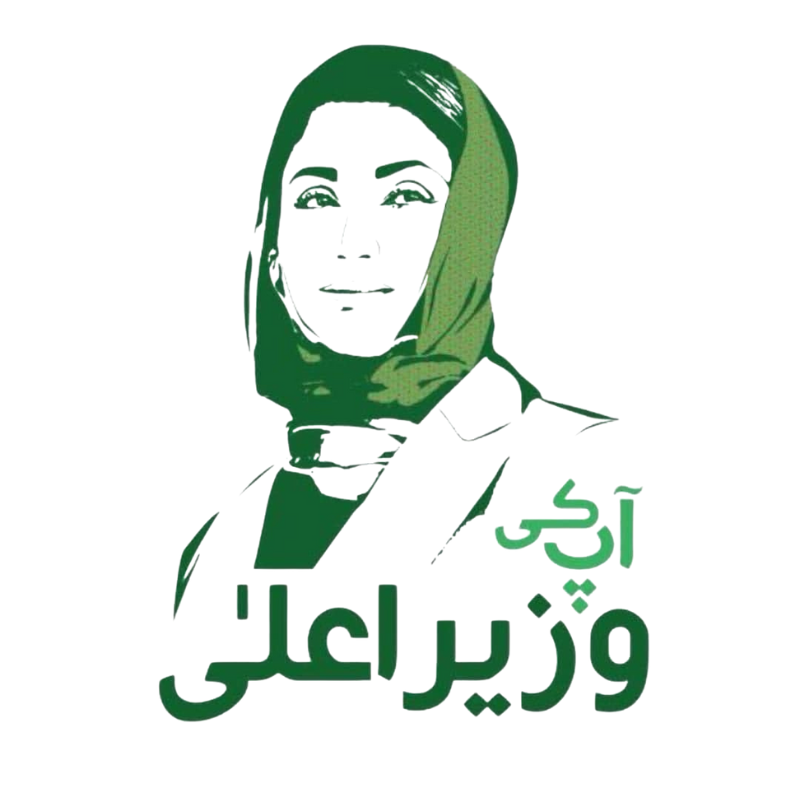The Punjab Socio-Economic Registry (PSER) 2024 is a transformative initiative by the Punjab Government, aimed at creating a comprehensive and inclusive database of households across the province.
Spearheaded by the Punjab Social Protection Authority (PSPA) under the leadership of Chief Minister Maryam Nawaz, this registry is designed to empower vulnerable populations, enable data-driven policies, and ensure the effective distribution of social services. Here’s an in-depth look at the PSER, its goals, operations, and the benefits it promises for Punjab’s socio-economic landscape.
Key Objectives of the Punjab Socio-Economic Registry (PSER) 2024
- Inclusive Social Protection: PSER aims to cover all households in Punjab, especially low-income families and vulnerable groups, ensuring no one is left behind. This initiative intends to capture comprehensive data from both urban and rural regions, representing the diverse socio-economic conditions of Punjab’s residents.
- Targeted Assistance for Better Resource Allocation: With detailed household data, the government can allocate resources more effectively. Programs such as the Kisan Card, Roshan Gharana Solar Program, and Himat Card will be limited to PSER-registered individuals, ensuring that aid is directed to those who truly need it.
- Data-Driven Policymaking: The PSER database provides real-time data on income, health, education, and employment, helping policymakers create evidence-based interventions tailored to the actual needs of communities. This approach makes it easier for the government to address poverty, improve livelihoods, and foster economic development.
- Reducing Poverty and Enhancing Quality of Life: By identifying families living below the poverty line, the registry enables targeted subsidies, financial assistance, and job opportunities. These initiatives are designed to improve the quality of life and provide social security to the underprivileged.
How the Punjab Socio-Economic Registry (PSER) Works
- Registration Process: Residents of Punjab can register for PSER online through the official PSER portal or by visiting one of the 5,000 registration centers established across the province. Applicants are required to submit basic information, such as the head of the family’s CNIC, household income, and other relevant data. Trained staff also assist in collecting data from remote and rural households, ensuring inclusivity.
- Data Collection and Verification: Once registered, each household undergoes a detailed data collection process that captures aspects like health, education, housing, and employment status. This information is verified to ensure accuracy and prevent duplication. Cross-verification protocols help maintain data integrity, which is critical for effective social interventions.
- Integration into a Digital Database: The verified data is integrated into a centralized digital database managed by the Punjab Social Protection Authority. This database serves as the foundation for all government social welfare programs, allowing for a streamlined approach to service delivery and resource management.
Impact and Benefits of the PSER
The PSER is expected to be a game-changer for social protection and economic upliftment in Punjab. Here are some anticipated benefits:
- Enhanced Access to Social Services: Registered households will gain access to various social programs, such as health cards, education scholarships, housing subsidies, and financial aid. This targeted approach ensures assistance reaches those who need it most.
- Reduced Economic Inequality: The registry helps bridge the socio-economic gap by providing tailored support to low-income families, helping them move out of poverty, and improving their quality of life.
- Increased Government Efficiency: The PSER database reduces redundancy in government services, prevents fraud, and enhances transparency. This efficiency allows for a more effective deployment of resources.
- Data for Advocacy and Research: NGOs, researchers, and advocacy groups can use PSER data to support evidence-based advocacy for social justice, policy reforms, and improved welfare programs.
Frequently Asked Questions (FAQs)
Who is eligible to register for the PSER?
Any household in Punjab can register, especially those with low income, disabilities, or chronic health issues. The registry targets vulnerable groups to ensure they have access to essential social protection programs.
What benefits do PSER-registered households receive?
Registered households can access various government benefits, including health services, scholarships, housing support, and financial aid. The type of assistance is determined based on the household’s socio-economic profile.
How can a household register for the PSER?
Households can register online at the PSER portal or visit one of the designated registration centers across Punjab, where trained staff can assist them.
What data does the PSER collect from households?
The PSER collects data on income levels, health conditions, education status, employment, housing, and asset ownership to enable targeted social programs.
How does PSER ensure data privacy and security?
The Punjab Government has implemented strict data privacy protocols to protect the personal information of registered households. Only authorized personnel have access to the data, and it is used solely for social protection purposes.
Conclusion
The Punjab Socio-Economic Registry 2024 represents a transformative step toward building a data-driven social welfare system in Punjab. By gathering accurate, comprehensive data on households across the province, the Punjab government is ensuring that aid reaches those who need it most, fostering economic empowerment, and reducing poverty. This innovative approach promises a brighter future for the underprivileged, where access to health, education, and financial stability is no longer a privilege but a fundamental right.
As the PSER continues to evolve, it will play a crucial role in shaping Punjab’s social welfare policies, ensuring sustainable development and a more inclusive society. Through targeted interventions, effective resource allocation, and data-driven decision-making, Punjab is setting an example for other provinces in Pakistan and beyond.
Also Read: Khelta Punjab Games Initiative Empowering Sports and Community in Punjab

